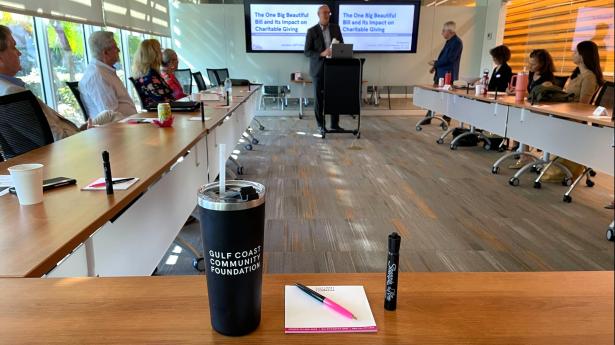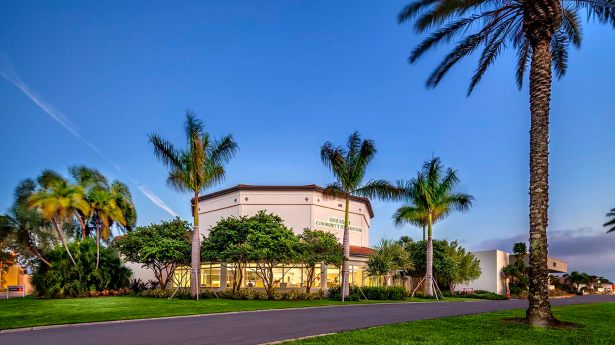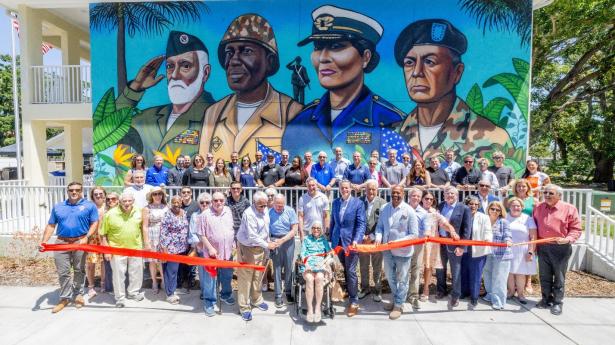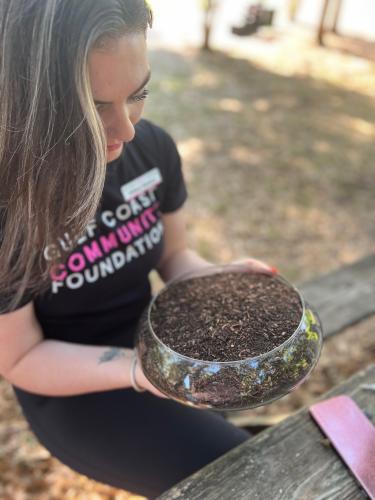
Mission Moment: Composting for a Better Tomorrow
On a sunny Tuesday in May, Gulf Coast Community Foundation (Gulf Coast) team members celebrated International Compost Awareness Week by taking a tour of Sunshine Community Compost’s compost station at Arlington Park and learning about how we can help the planet together through composting. The team was already mindful about the practice, as we compost in both our Venice Headquarters and downtown Sarasota Philanthropy Center, but we were eager to learn the ins and outs of the important sustainability practice.

Composting contributes to the larger web of the environment like green space and water quality, two top priorities at Gulf Coast, showing that mother nature is an interconnected ecosystem. Sunshine Community Compost’s Executive Director Tracie Troxler, joined by new Program Manager Alexander Thompson, shared about the park station’s work and showed compost decomposition in action while sharing the overall benefits of composting. Composting involves minimal effort and can be fun, plus it’s a resourceful way to recycle food scraps and yard trim that you generate at home all year and manage your home waste more effectively.
“The beauty of composting is to make the waste go away,” said Troxler about the art and science of composting. Important factors of composting are growing nutrient-dense food and reducing food waste, sequestering carbon in the soil to help reduce greenhouse gas emissions, strengthening sustainable, local food production, and long-term impacts on the environment. Sunshine Community Compost has diverted 230,000 pounds of food scraps from local landfills since September 2017.
So, what exactly is composting? The four main elements affecting compost are water, carbon, nitrogen, and oxygen. According to the United States Environmental Protection Agency (EPA), composting is a controlled, aerobic (oxygen-required) process that converts organic materials into a nutrient-rich, biologically stable soil amendment or mulch through natural decomposition. The EPA says that microorganisms feed on the materials added to the compost pile, using carbon and nitrogen to grow and reproduce, oxygen to breathe, and water to digest materials.
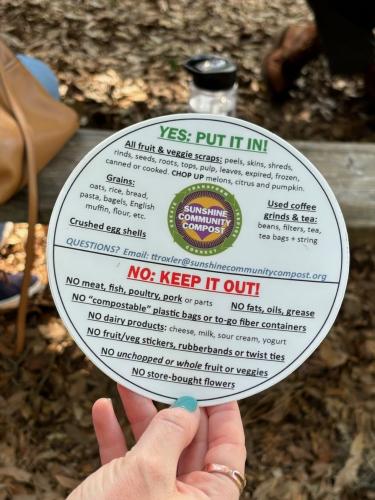
You may be asking, “How do I get started?” Here are several helpful tips. --
What should I compost with?
Browns – Dry leaves or some kind of carbon, woody material from your yard
Greens (fruit and vegetable scraps - be sure to remove stickers from them)
Used coffee grinds and tea (beans, filters, tea, tea bags and string)
Crushed eggshells
Grains
What should I NOT compost with?
No meat, fish, poultry, pork
No dairy products
No fats, oils, grease
No store-bought flowers
No “compostable” plastic bags or to-go fiber containers
“We want to make composting approachable, embraceable, and as accessible as possible,” shared Troxler. "If you have air and water, the microorganisms will show up. Composting allows you to look at food as garbage or a resource depending on how you want to handle it. It’s not garbage till we put it in the trash. Otherwise, it could be an abundant resource.”
Our team at Gulf Coast is implementing sustainability practices through our Sustainability Taskforce, including donating food after events, team members composting at home and at our offices, using less plastic, and more.
We encourage you to compost with your family by visiting Sunshine Community Compost’s website and contacting Troxler. You can receive a backyard compost bin or join their community composting drop-off stations. Learn more and register here. Together, we can create a resilient community with opportunities for all.
